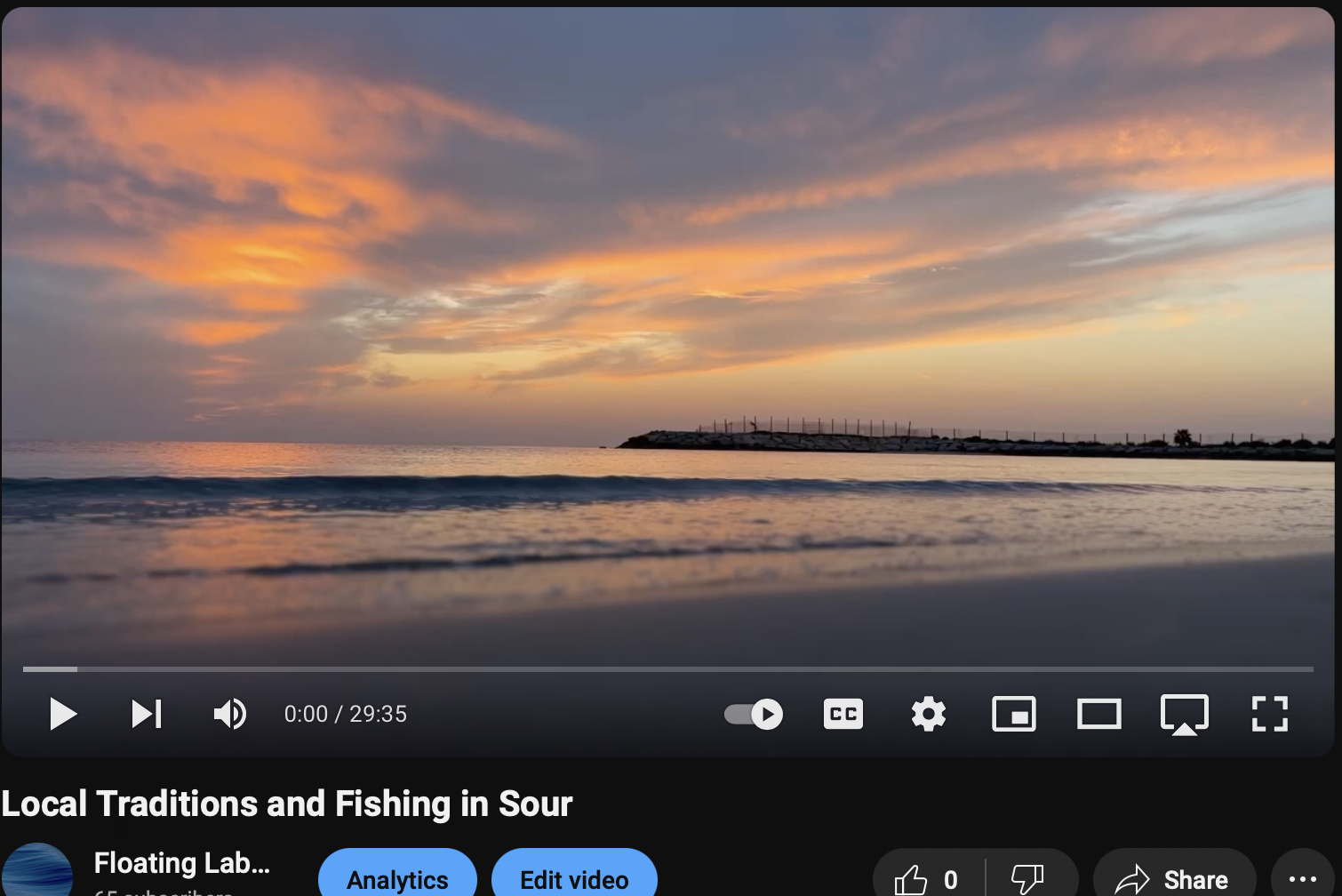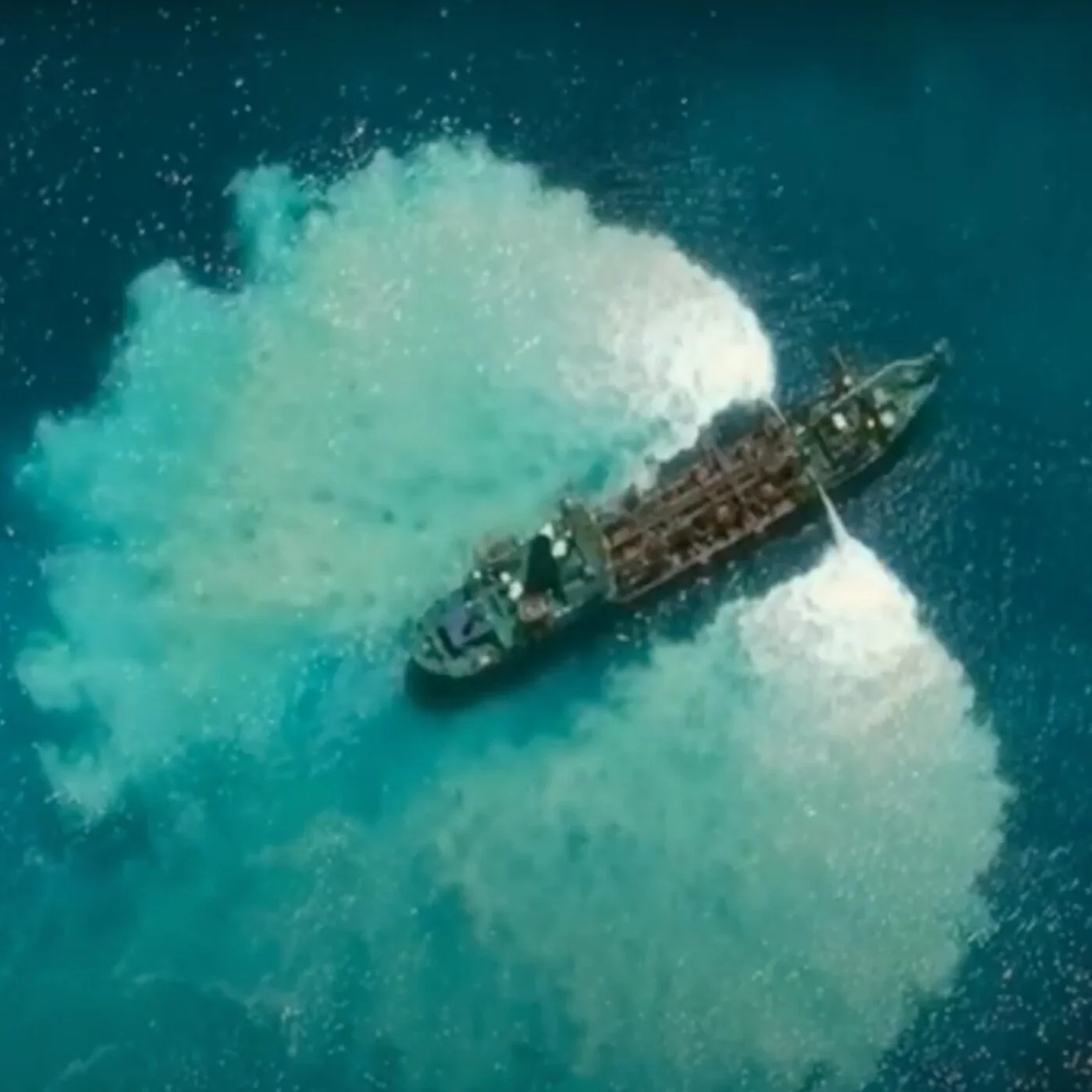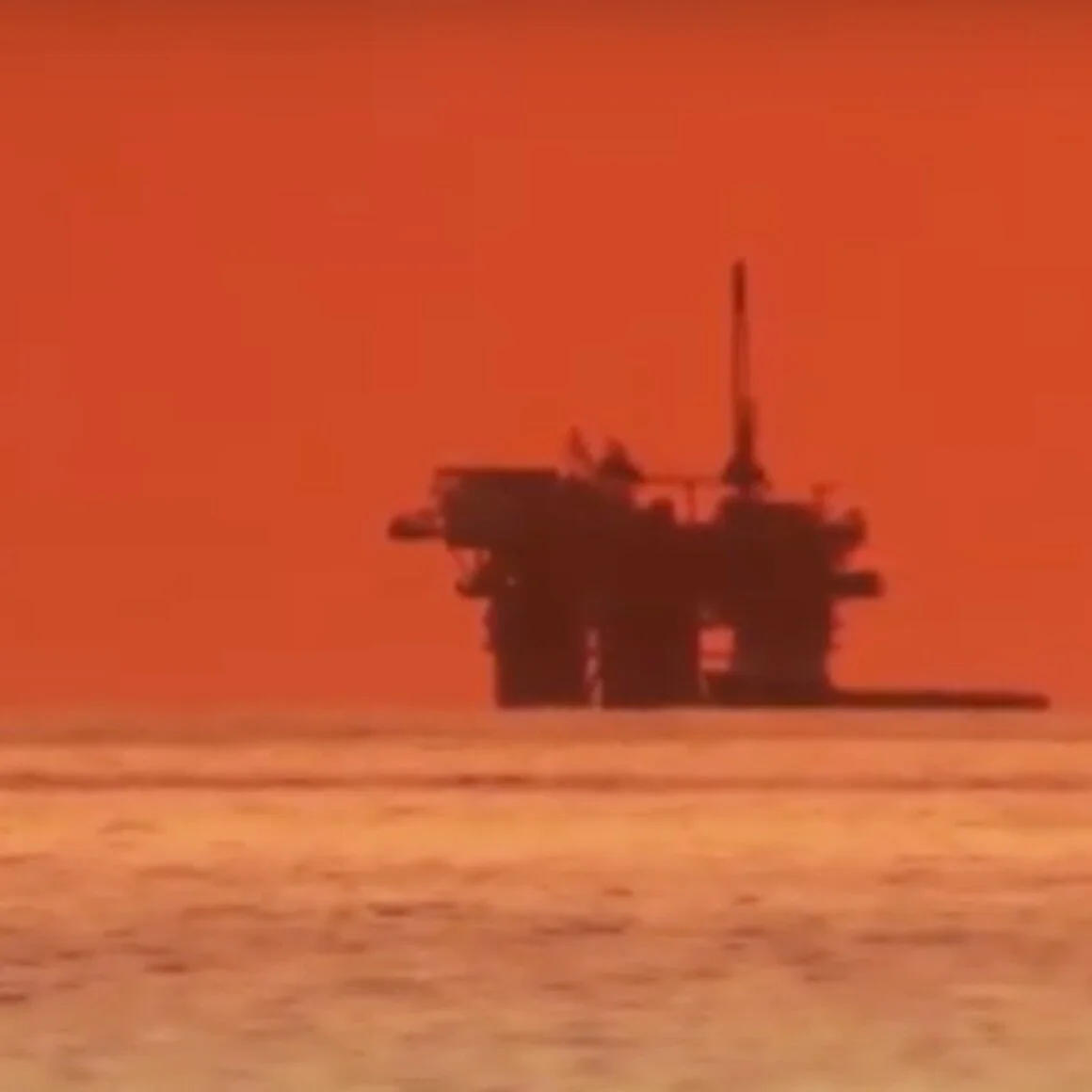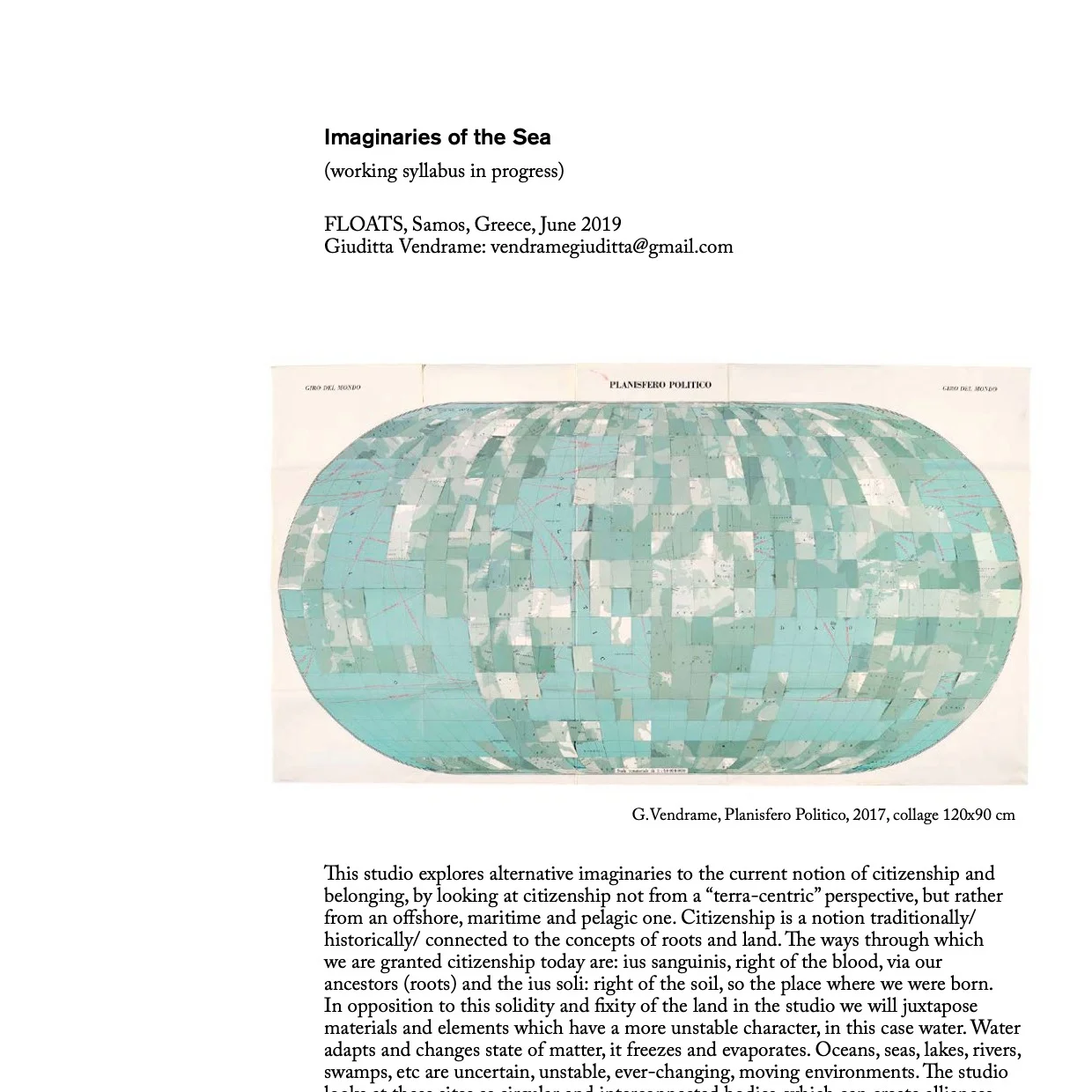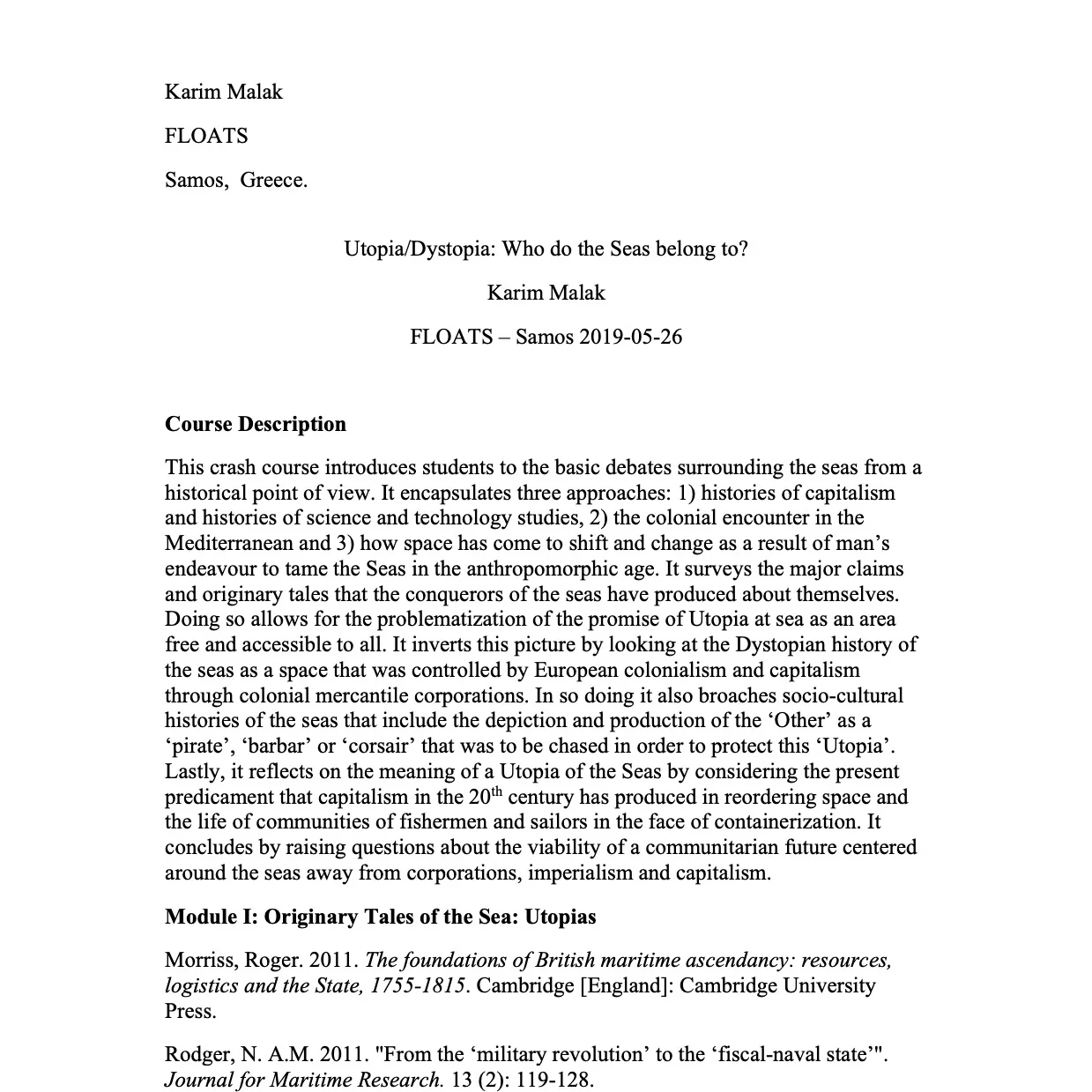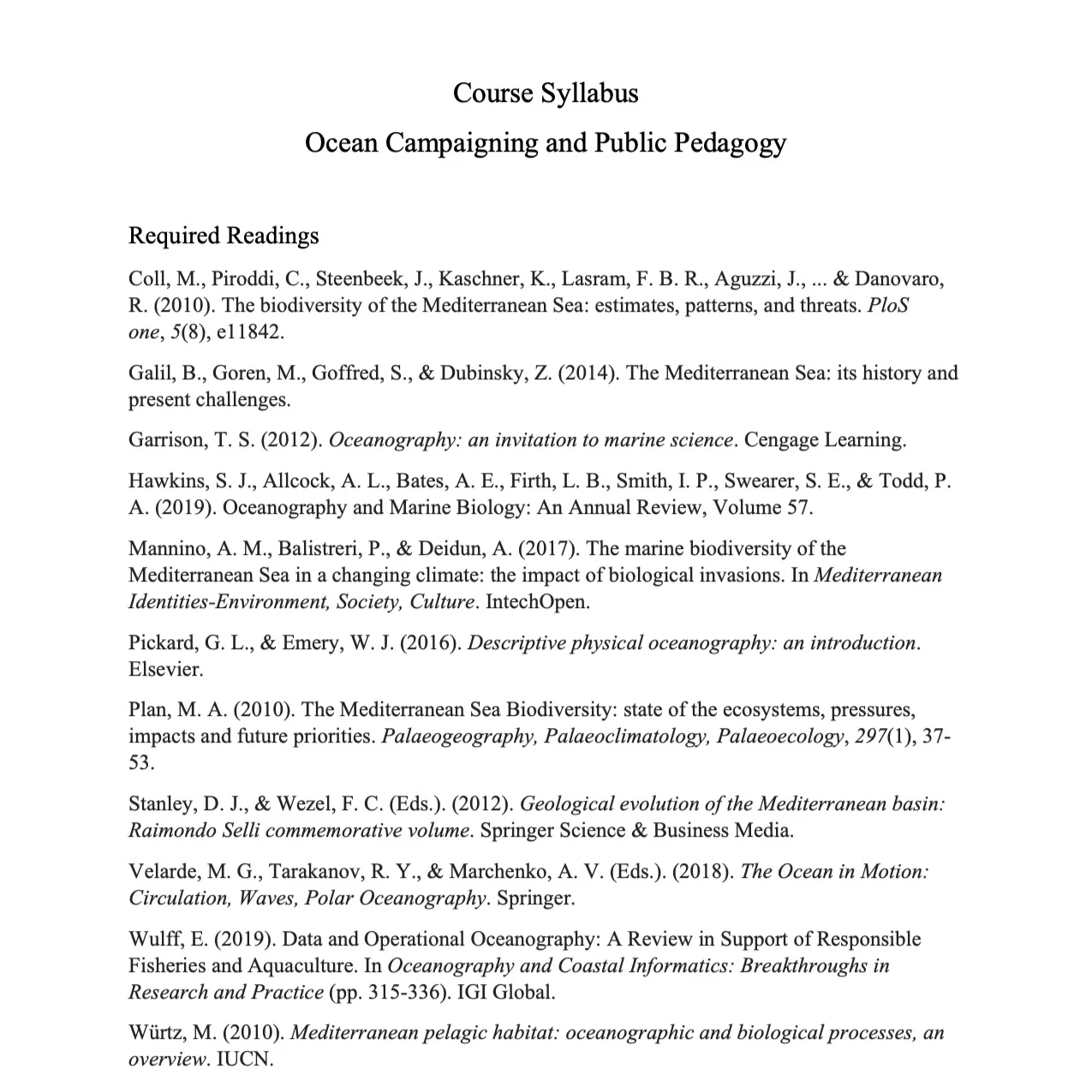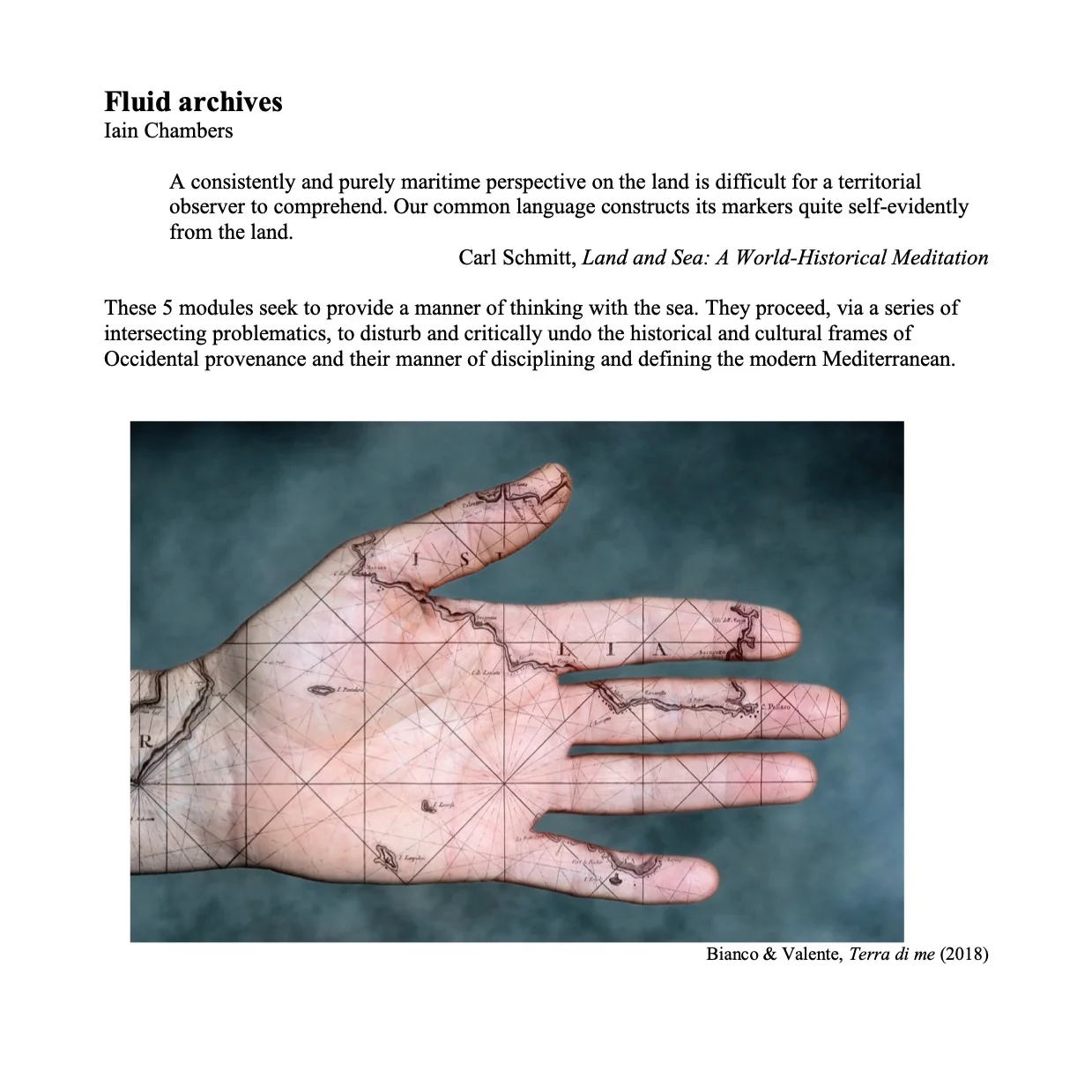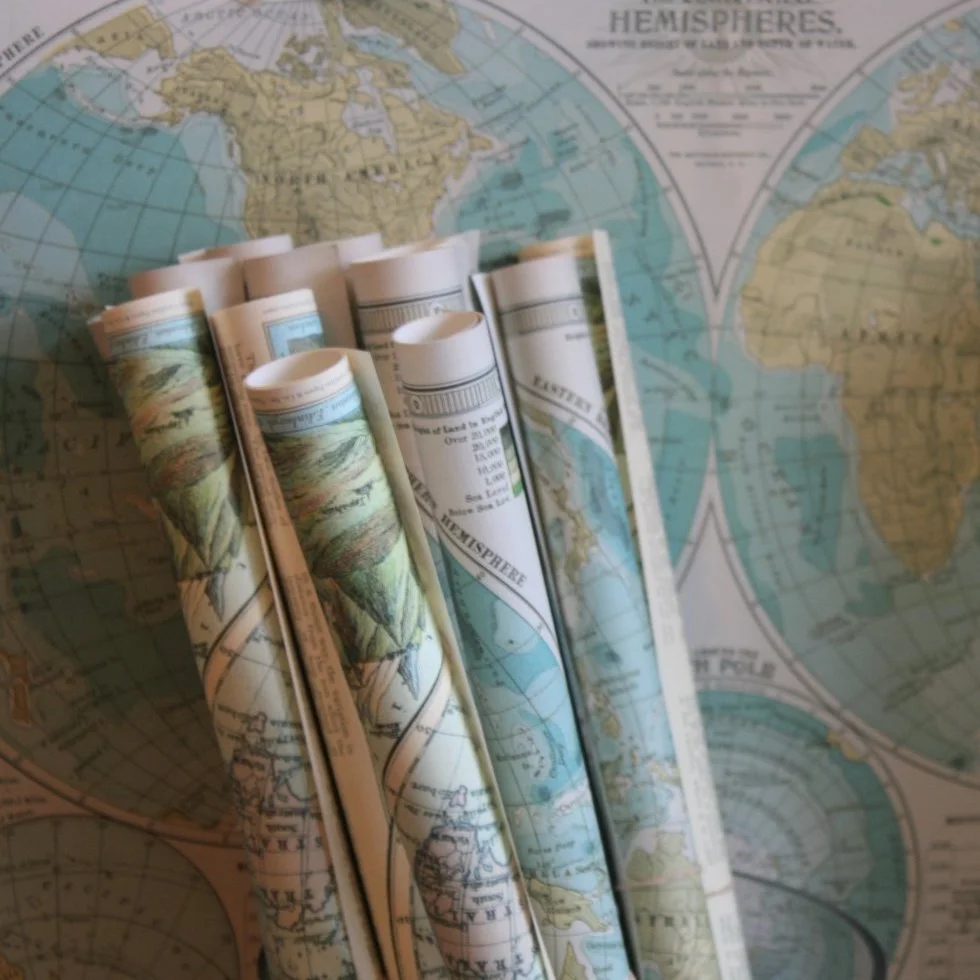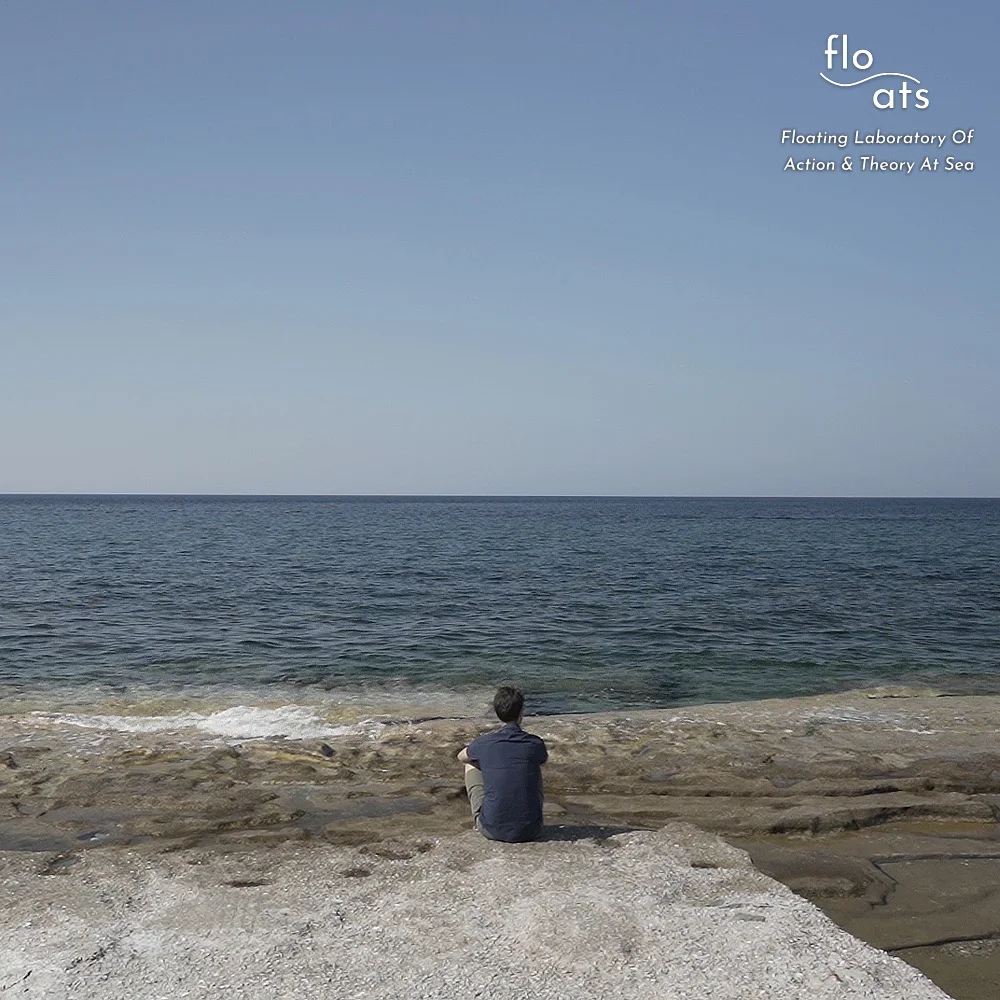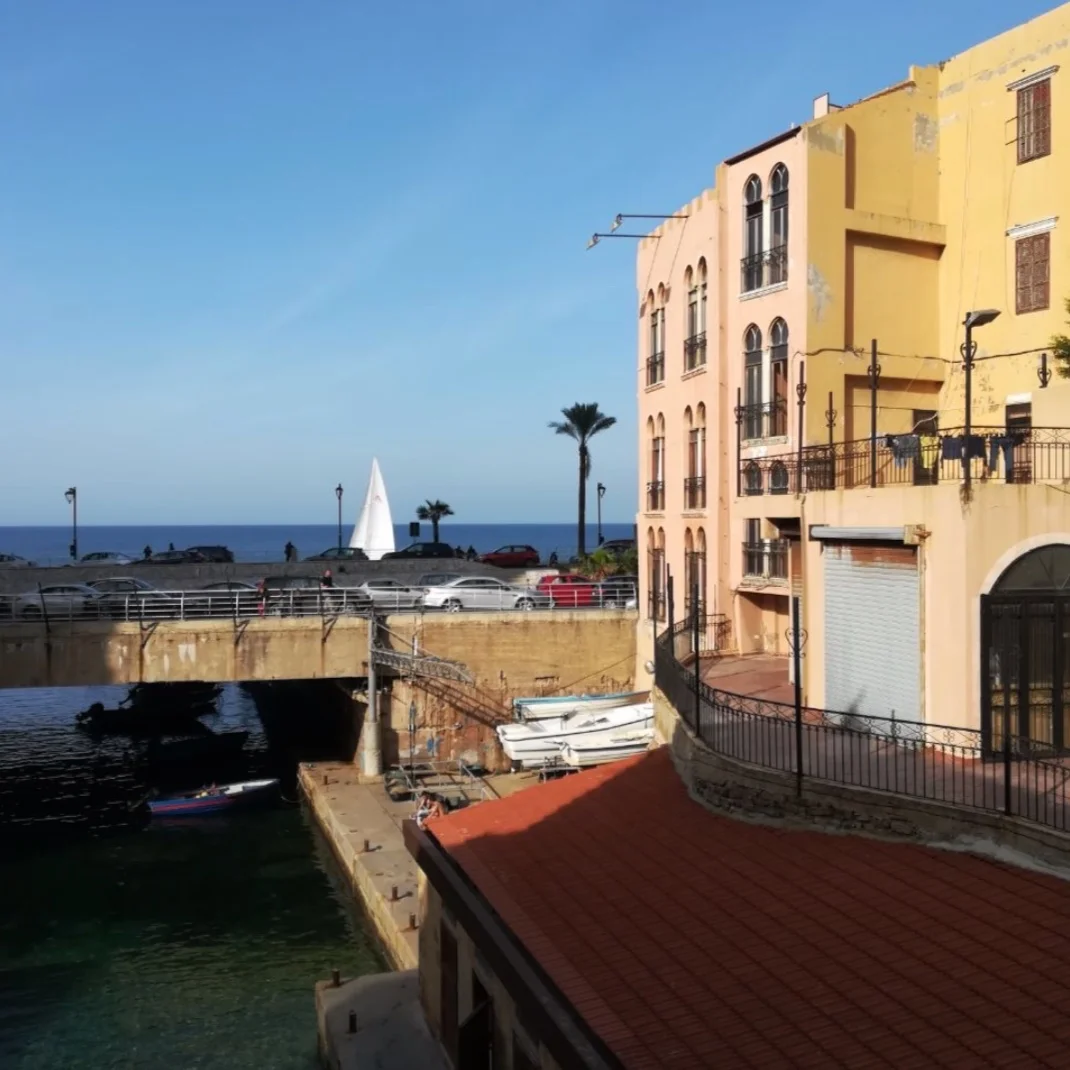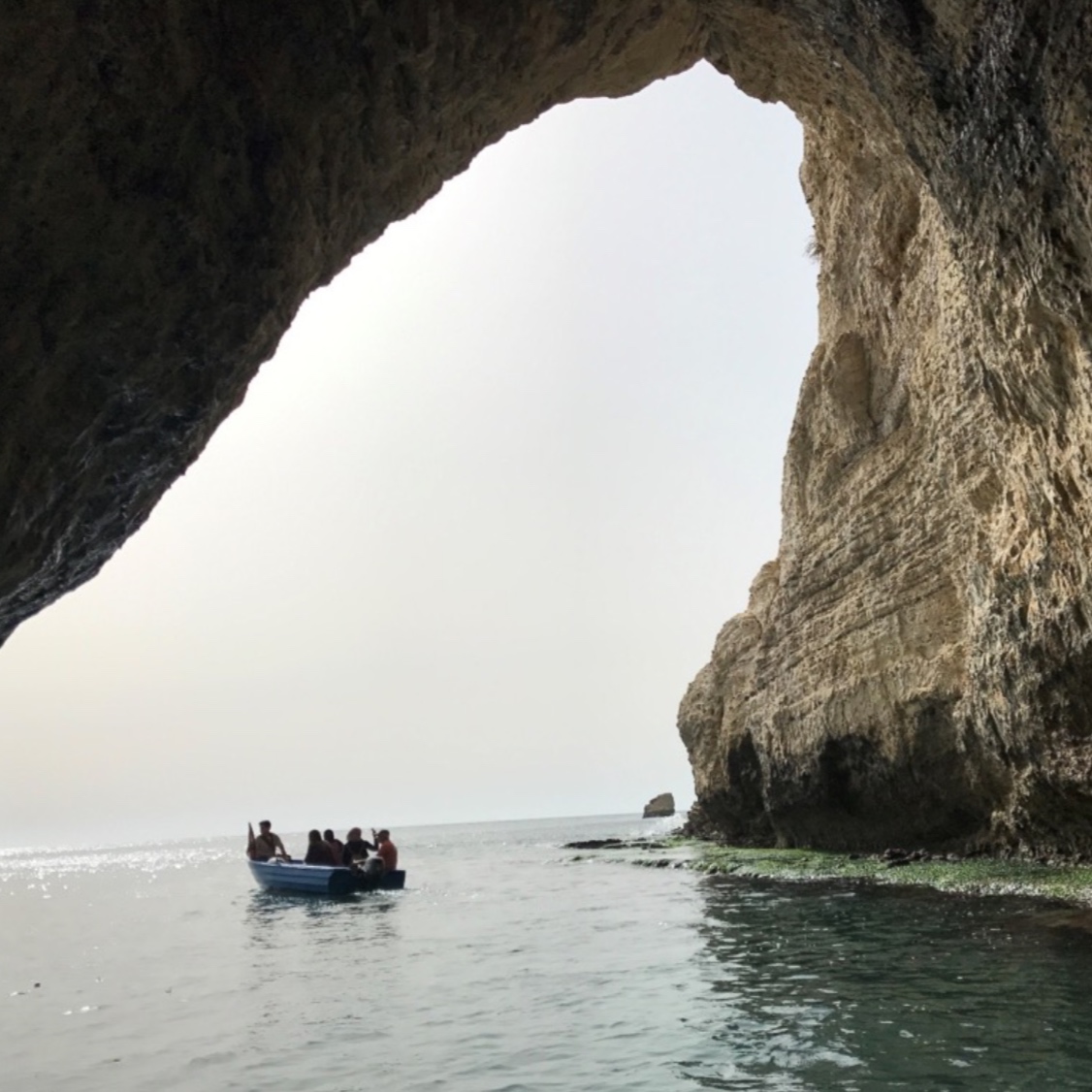“The article analyses the expansion of commercial shipping and port activity through mixed ecological economics and political ecology perspectives. Focusing on the case of the Port of Barcelona, the article describes how the maritime circulatory processes behind the growth of global economic activity produce seldom accounted-for negative socio-environmental impacts that are unequally distributed at multiple scales. In the context of global ecological breakdown, a ‘blue degrowth’ counter-paradigm is propsed as a reasoned sustainability alternative for the maritime transportation industry”
Read MoreSeafarers are often referred to as the invisible workforce. Most of us are not aware that more than 90 percent of our goods are transported via ocean routes. This is a circumstance we do not even recognise, but at the same time impacts our lives in a significant way. Showcasing by the example of the new orientation in the maritime sector in India, this paper aims to depict what importance is given to the rights of seafarers, which legal documents exist, and to what extent they are implemented and adhered to. This is conducted by introducing the example of the Indian Maritime Agenda 2010-2020. Based on the current legal framework, the Indian policy paper will be analysed subsequently. Eventually, the paper tries to show to what extent the recent trend of corporate social responsibility codes (“CSR”) is an enhancement towards better working conditions for seafarers. Finally, an analysis will be made on the Maritime Agenda 2010-2020 and its efforts towards maritime labour law, as well as its meaning for international affairs.
Read MoreAn investigation into the ways that states approach maritime chokepoints in the context of globalization through two case studies from 2018: the nationalisation of Doraleh Container Terminal and the Emirati occupation of Socotra. Bab el-Mandeb is a strait connecting the Red Sea with the Gulf of Aden. It is situated between Djibouti and Yemen, and at its narrowest is only 18 miles wide. More than 50 million tons of agricultural products and 1,750 million barrels of oil (EIA, 2017) pass through this waterway each year, making it a critical chokepoint for international trade - a status it has held since the opening of the Suez Canal in 1869. Due to ongoing instability in the region, it is ranked as one of the highest-risk bottlenecks for international trade.
Read MoreThe sea has facilitated and represented modes of movement for human beings since the beginning of time, be it the passage of bodies, products, materials or waste. More enthralling is the part it plays in the transmission of communication at distance, and it’s expediting of human connection through messaging since the foremost transatlantic communications telegraph cable relayed its first message on August 16th 1858. In this report, I interrogate the politics and interchanging narratives that ensue once these massive fiber optic cables reach the land from the ocean, specifically considering the case of Lebanon in which one can distinctly observe the treadmill syndrome through which developing countries attempt to keep up with the technological advances of the world.
Read MoreAs the oceans continue to rise, these spaces persist as highly politicized in nature. The relationship between land and sea is at the forefront of this emergent discourse which attempts to address the conundrum of global ocean governance.
Read MoreThis studio explores alternative imaginaries to the current notion of citizenship and belonging, by looking at citizenship not from a “terra-centric” perspective, but rather from an offshore, maritime and pelagic one. Citizenship is a notion traditionally/ historically/ connected to the concepts of roots and land. The ways through which
we are granted citizenship today are: ius sanguinis, right of the blood, via our ancestors (roots) and the ius soli: right of the soil, so the place where we were born.
In opposition to this solidity and fixity of the land in the studio we will juxtapose materials and elements which have a more unstable character, in this case water. Water adapts and changes state of matter, it freezes and evaporates. Oceans, seas, lakes, rivers, swamps, etc are uncertain, unstable, ever-changing, moving environments. The studio looks at these sites as circular and interconnected bodies, which can create alliances and networks of solidarity between beings and places that are far apart and /or in friction with each other. We will learn from the sea and we will borrow from it.
The studio will lead to the formulation of alternative imaginaries through the production of artistic artefacts, performative gestures and audio-video storytelling.
Read MoreThis crash course introduces students to the basic debates surrounding the seas from a historical point of view. It encapsulates three approaches: 1) histories of capitalism and histories of science and technology studies, 2) the colonial encounter in the Mediterranean and 3) how space has come to shift and change as a result of man’s endeavour to tame the Seas in the anthropomorphic age. It surveys the major claims and originary tales that the conquerors of the seas have produced about themselves. Doing so allows for the problematization of the promise of Utopia at sea as an area free and accessible to all. It inverts this picture by looking at the Dystopian history of the seas as a space that was controlled by European colonialism and capitalism through colonial mercantile corporations. In so doing it also broaches socio-cultural histories of the seas that include the depiction and production of the ‘Other’ as a ‘pirate’, ‘barbar’ or ‘corsair’ that was to be chased in order to protect this ‘Utopia’. Lastly, it reflects on the meaning of a Utopia of the Seas by considering the present predicament that capitalism in the 20th century has produced in reordering space and the life of communities of fishermen and sailors in the face of containerization. It concludes by raising questions about the viability of a communitarian future centered around the seas away from corporations, imperialism and capitalism.
Read MorePublic pedagogy is the use of a public medium and/or space such as the Internet, films, television, magazines, beaches, schools to promote social change in diverse contexts of educational practice.
This course explores ocean campaigning that addresses and enacts public pedagogy through interactions of cultural interfaces such as humans, technologies, localities, and the sciences. Such campaigns are performed and embodied within networks of relations.
Read MoreMaps of all forms are artifacts through which much of the world is rendered visible. While maps may in fact be matter, their mass, texture, and form do
not constitute space in and of themselves. Yet in our experience of space, territory, and boundaries, maps are synonymous with visual representation, translation, and the performance of socio-political and spatial fabrics. Mapping Body, Mapping Sea undertakes the study—and making—of alternative cartographies of the body and of the sea. Through a series of five linked and iterative modules, students will produce body|sea mappings which provide critical alternatives to increasingly privatized and surveyed notions of public space.
These 5 modules seek to provide a manner of thinking with the sea. They proceed, via a series of intersecting problematics, to disturb and critically undo the historical and cultural frames of Occidental provenance and their manner of disciplining and defining the modern Mediterranean.
Read MoreHow do we theorize and problematize our seas? How can we engage in and carry out meaningful research on our seas and oceans, these mass bodies of water through and within which resources, commerce, and people navigate?
Read MoreAlthough the blue continent sheaths our Earth, for the sciences that study culture and society it has been a scholarly no-man’s-land; a vast and void framing of terrestrial maps in the classroom. While the sea is essential to the emergence of world trade, colonialism, slavery, modernity, capitalism, and science, it is routinely compartmentalized under subtopics, such as trade, tourism, migration and security. The maritime world seems to fall between our epistemological cracks.
Read MoreThis report is the outcome of the Masters Studio in Forensic Architecture, Centre for Research Architecture, Goldsmiths University of London. It was generated by students working collaboratively on a “Live Project”; an intensive hands-on pedagogical experiment that launched this academic year’s studio activities.
Read MoreSea-related student research project for the graduate course "Research Methods", Prof. Nikolas Kosmatopoulos, Spring 2016 AUB.
Read MoreAbir Saksouk-Sasso talks to the "Sea & Society" class at American University of Beirut about her work with Dictaphone Beirut and her approach to research and knowledge production. The following lecture was filmed by Jacob Borden, a student at the American University of Beirut.
Read MoreStudent work from Sea and Society course at AUB Spring 2018.
Read MoreStudent work from Sea and Society course at AUB Spring 2018.
Read More